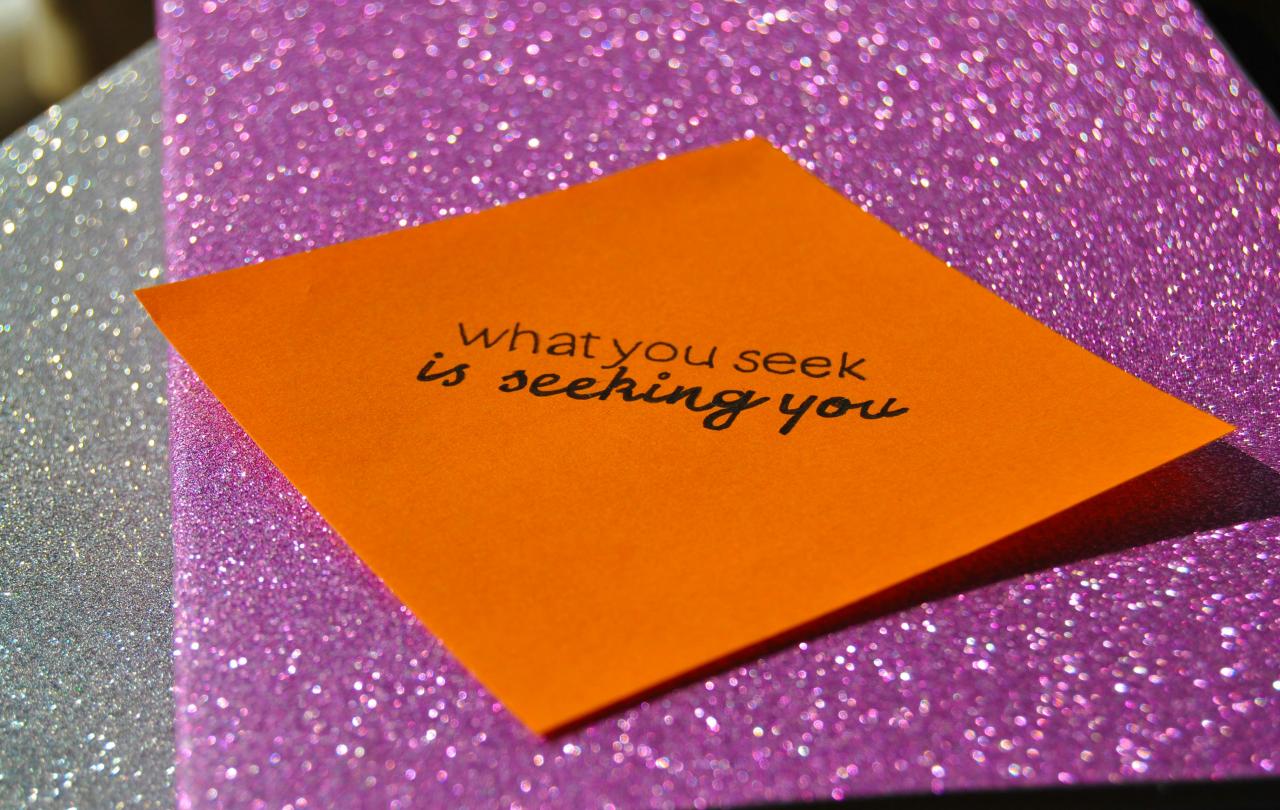
In a provocative recent column, the opinion writer Matthew Parris tells us that science has disproved religion. That’s quite a claim to make in 1,100 words, settling a debate that goes back decades. (‘Decades’, I write, not ‘centuries’, as historians have discredited the idea of some perennial conflict between science and religion.)
Parris’s argument is admirably clear: evolution has given us brains, which leaves them hardwired for evolutionary goals, and religion is simply a by-product. Evolution made us servile and grateful, so we imagine a God to thank and obey. ‘A driving need has always been felt by millions for a God-related hypothesis’, he writes. However, ‘today in the 21st century there’s an answer’: one that Charles Darwin ‘could have begun’ and which ‘we can complete’, thanks to the science of genetics.
If our mental lives were really no more than a maelstrom of evolutionary urges, we couldn’t have a sensible conversation about brains and evolution, never mind religion and gratitude.
I happily agree that our minds evolved; I don’t concede that means we can only think evolutionary thoughts. According to Parris, ‘once you accept that survival, procreation and teamwork are what natural selection has equipped us for, every human impulse is explicable in those terms.’ But are they? Take the example of procreation. Nothing about my life has been particularly geared in that direction, nor perhaps has that of Parris, but we both live using the brains evolution gave us.
That’s because the evolutionary advantage comes from having flexible, ambidextrous minds. Natural selection has given us brains like Swiss Army knives, instruments that can do many things. Not just one. We survive better because we can think about many things in many different ways.
It also seems that evolution has given us minds that are free. That’s somewhat disputed among philosophers and neuroscientists, and we certainly don’t know how freedom might emerge, but it’s not obviously false that it has.
Evolution has given us minds that can track reality, minds that can respond to what we find around us broadly and freely. There’s no denying the role of desires and drives in shaping our thoughts and decisions. It’s just that neither drives nor desires necessarily overthrow our reason, at least not most of the time. The history of thought – especially at its most impressive moments – shows us people trying to think as clearly as they can, whether as philosophers, scientists, theologians, historians, or whatever. By and large, they succeeded.
In fact, the claims that Parris makes requires us to believe that evolution has given us brains that are reasonably good at latching onto reality, brains that can think about all sorts of things in a generally accurate way. If our mental lives were really no more than a maelstrom of evolutionary urges, we couldn’t have a sensible conversation about brains and evolution, never mind religion and gratitude.
Attempts to reduce our mental and social lives to evolutionary forces are also challenged by the slow pace of evolution. Widespread disbelief in God is a recent phenomenon, even then only in the West, and even there not overwhelmingly. It’s all very new by evolutionary standards. Our recent ancestors were generally devout, our contemporaries less so. That can’t be about genes, since genes hardly change at all over the span of mere centuries.
Nor, to take up a couple of other points from Parris’, does recent history make it so clear that we’re genetically programmed to be grateful or obedient, given how quickly attitudes have changed on those matters of late: far faster than any genetic change would allow. ‘Natural selection has designed us to seek and serve structures of authority, to command and be commanded’, he writes, ‘and to find meaning, purpose and satisfaction in service to something (or someone) greater than ourselves. We are bred to bend the knee.’ If so, our genes have started doing a remarkably poor job of that, all of a sudden.
Perhaps the most we can say is something like this: (1) our genes (allegedly) predispose us to belief in God, as some sort of irrational urge, (2) this enthralled such unfortunate figures such as Thomas Aquinas, René Descartes, Isaac Newton, James Clerk Maxwell, Edith Stein and Elizabeth Anscombe, but (3) newspaper columnists and other public intellectuals are now, by Herculean effort, suddenly able to break free from those unconscious genetic forces and see clearly for the first time. Perhaps, but I’m not convinced.
There’s little that isn’t enriched when explored in an evolutionary light. But we do evolution no favours, nor science more generally, by taking it as the arbiter of truth in every realm of thought.
Parris brings his column round to the theme of gratitude, writing that ‘not believing in a God to thank does not blunt my regular and strong feelings of generalised gratitude… I say “thank you”, knowing perfectly well there’s nobody to whom my thanks are directed.’ He thinks that we are hard-wired for gratitude, which leads to religiosity, as an invalid assumption.
G. K. Chesterton followed a similar line of thought in his book Orthodoxy, but I found it more convincing than Parris does, writing that the world bears the character of a gift, and a gift implies a giver. What Chesterton wrote towards the beginning of the twentieth century burst out again in French philosophy at the century’s end.
There’s a school of philosophy (phenomenology) that likes to start its thinking from what it is like to perceive phenomena, and for the world to ‘appear’ to us. In France, phenomenologists started saying that one of the most fundamental characteristics of how reality appears is as something given to us. Along Chesterton’s lines, that made some of these writers really quite religious. I’m not saying that Jean-Luc Marion, Jean-Louis Chrétien, Michel Henry, or Jean-Yves Lacoste automatically trump Matthew Parris, but they do suggest that an argument from givenness to gratitude to God isn’t simply foolish.
Evolution is fascinating and important. There’s little that isn’t enriched when explored in an evolutionary light. But we do evolution no favours, nor science more generally, by taking it as the arbiter of truth in every realm of thought.
Evolution can tell us a great deal about nature and humanity, but there is growing resistance among scientists towards doing that in a way that elides detail or simplifies into oblivion. Moving from explaining to explaining away is a good sign that science is no longer being used responsibly.
There is an evolutionary dimension to religion. But supposing that evolution explains religion, so that you no longer have to think about religious claims on their own terms, is no more rigorous that supposing that the evolutionary basis for smell means that nothing has a scent.






